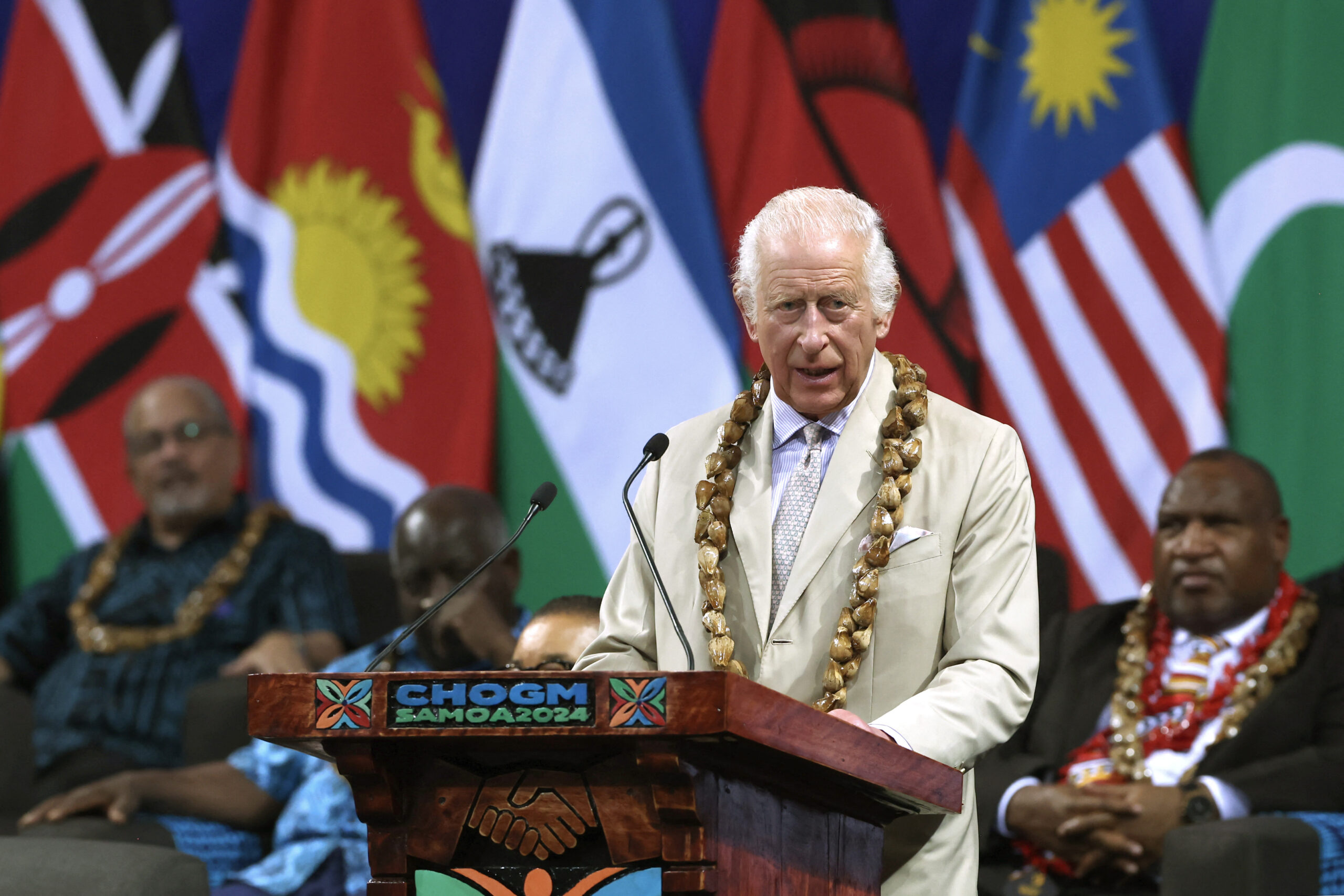
Morocco has secured a significant diplomatic victory in its long-standing quest to uphold its territorial integrity and address the legacy of colonial-era divisions,following the United Kingdom’s endorsement of the autonomy plan for the Sahara.
The UK’s foreign minister David Lammy described the Moroccan proposal as “the most credible,viable and pragmatic basis for a lasting resolution to the conflict,” a strategic pivot that follows similar pro-autonomy positions by the US,France,Spain,Israel,Gulf countries and an increasing number of African states.
Beyond its role as a permanent member of the UN Security Council and a member of the UN Secretary General’s Group of friends on the Sahara issue,the UK is also the most influential country within the Commonwealth,a group of 56 countries,including rising powers.
Analysts suggest that the UK’s position could ripple across the Commonwealth,where many nations have historically aligned with London on key international issues.
While the Commonwealth is not a political union,its members often coordinate on global issues,particularly in multilateral forums. The UK has previously used this network to rally support on matters ranging from climate change to sanctions policy.
“The Commonwealth enhances UK foreign policy in a number of ways — through trade,influence,and to a lesser extent,defense,” noted a recent report by the British Foreign Policy Group.
“It offers significant potential for the future,especially in a post-Brexit world,” said the report.
The UK’s support for Morocco’s autonomy plan is expected to resonate with several African and Caribbean Commonwealth members,many of whom maintain close economic and diplomatic ties with both the UK and Morocco.
Countries such as Ghana and Nigeria,all influential African Commonwealth members,have previously shown openness to Morocco’s diplomatic overtures. Analysts believe these nations may now be more inclined to align with the UK’s stance,especially if it leads to increased investment and regional stability. Kenya has already backed the Moroccan plan a few days before the UK.
The UK’s position along with Kenya and an increasing number of English-speaking African countries are also putting pressure on South Africa and the failed states that turn in its orbit to abandon the ideological anachronism that has defined their perspective on the Sahara conflict.
United News - unews.co.za